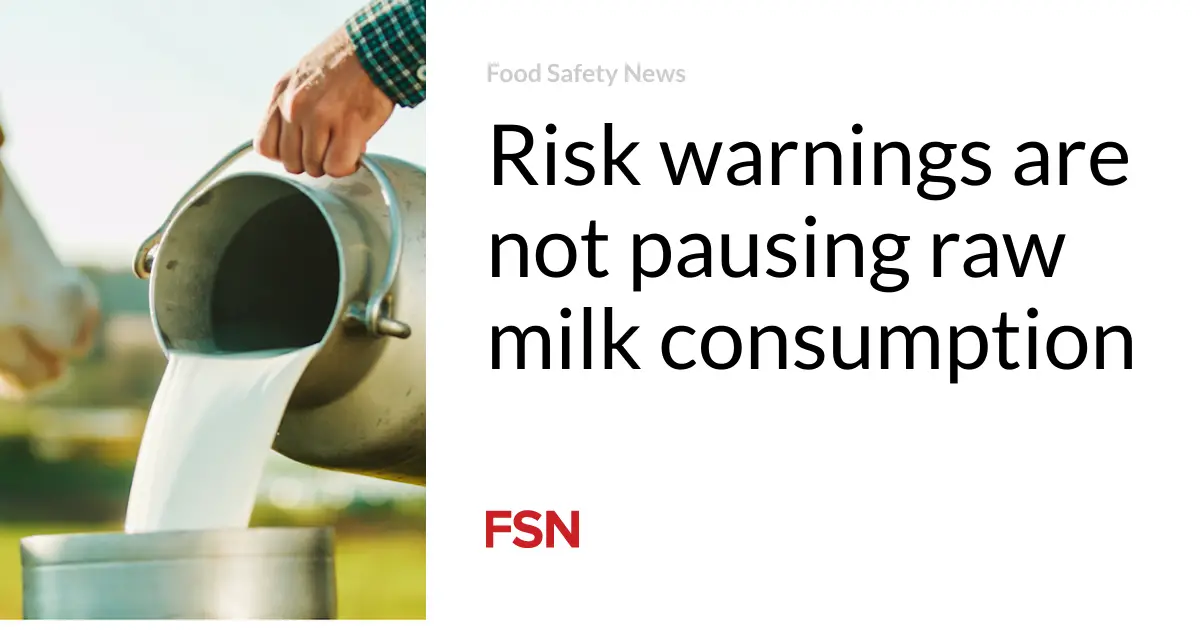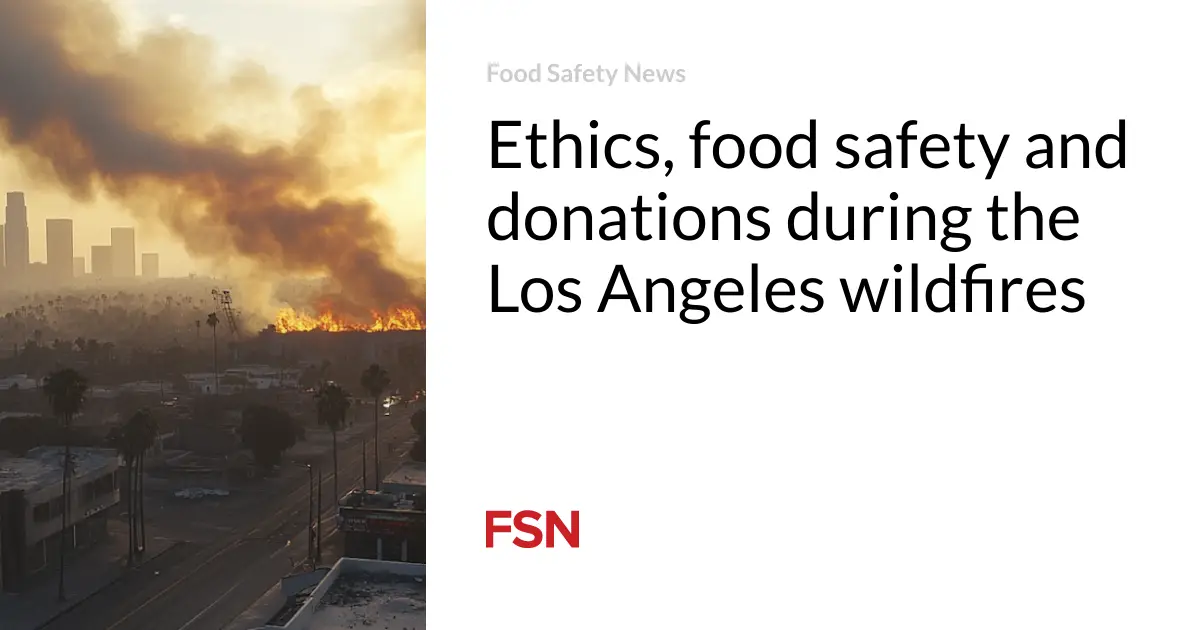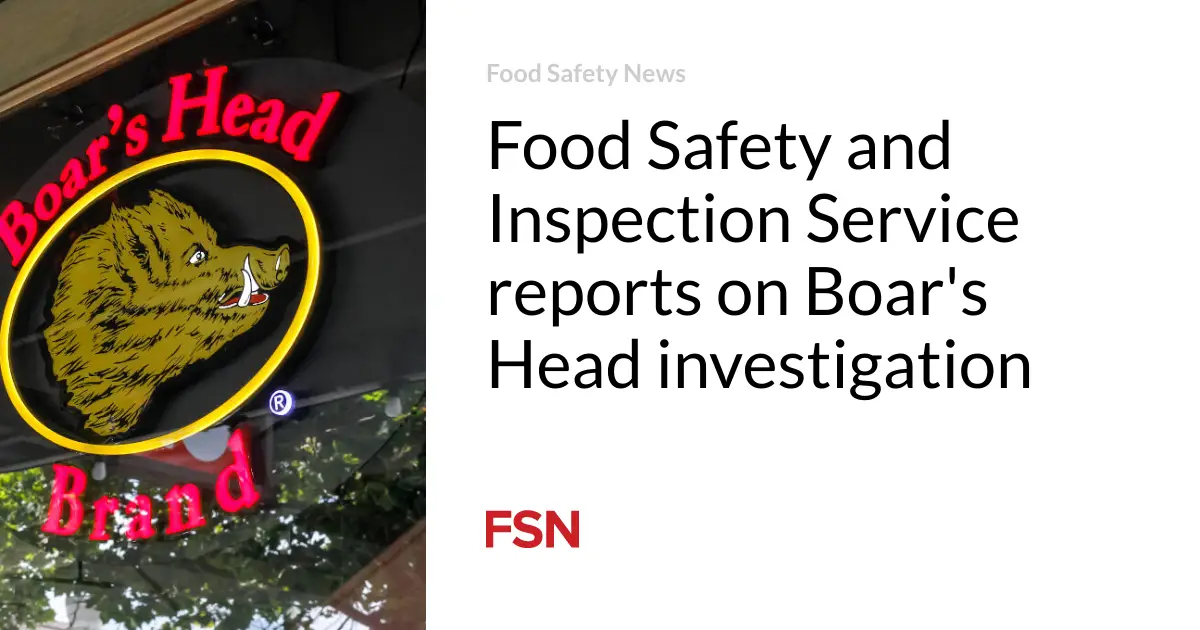
At a time when friends don’t let friends drink raw milk and some world-renowned scientists with deep expertise in the H5N1 virus think the situation is serious enough that it should be illegal to sell milk products that are not pasteurized, not much is happening.
The raw milk business is continuing. After the avian flu danger from raw milk was known, the Delaware Legislature even voted in the Senate by 14 to 5 and the House by 39 to 2 to legalize the sale of raw milk in the state.
With that, Delaware joined 26 other states that currently allow the sale of milk without pasteurization in the face of the new danger posed by the Avian flu virus. The H5N1 virus circulates in birds as well as dairy cows. The Centers For Disease Control reports that as of July 15, there are 156 infected dairy herds in 13 states.
And if legislative action were not enough, the spring saw a rise in raw milk sales, up 21 to 65 percent over the previous year. The public was either not getting the warnings about the health risks of drinking unpasteurized products during the bird flu outbreak in dairy cows or was unaware of them.
The bird flu virus was confirmed in U.S. cattle for the first time on March 25.
Since then, the Food and Drug Administration and the Centers for Disease Control and Prevention have called raw milk one of the “riskiest” foods people can consume. “Raw milk can be contaminated with harmful germs that can make you very sick,” the CDC says on its website.
However, raw milk consumers are not giving up their favorite drink — at least not with the current warning levels.
The bad news is that milk from flu-infected cows shows the virus is present in concentrations that have surprised scientists. Anyone inadvertently drinking raw milk from infected cows could face dire consequences.
The good news is that when milk is put through the regular pasteurization process, it becomes safe to drink. In a first-of-its-kind study, food safety scientists put milk through the process typically used by commercial milk processors.
The study’s intention was to confirm further that pasteurization is effective at inactivating the Highly Pathogenic H5N1 Avian Influenza (H5N1 HPAI) virus in fluid milk and other dairy products made from pasteurized milk.
The study found that the most commonly used pasteurization time and temperature requirements effectively inactivated the H5N1 HPAI virus in milk. These results complement the FDA’s initial retail sampling study, in which all 297 samples of dairy products collected at retail locations were found to be negative for viable H5N1 HPAI virus.
These studies provide strong assurances that the commercial milk supply is safe.
The pro-Raw Milk Institute posted a social media comment on “ AVIAN FLU AND RAW MILK: A COMMON SENSE APPROACH.” There is a concern among dairymen and biosecurity experts about a multi-state outbreak of avian flu that is affecting cattle in Texas, Kansas, Michigan, New Mexico, and Idaho, according to the raw milk proponents.
“Various federal and state government agencies are using this cow illness outbreak as a stage to warn consumers against drinking raw milk,” the raw milk advocates say. “However, when a mother becomes infected by a virus or bacterial infection, she will produce antibodies in her raw milk that will protect her young from the illness. This is part of why breastfed babies are known to have stronger immune systems than babies raised on formula. Antibodies in raw milk are one way that Nature assures the strength and survival of the next generation.”
(To sign up for a free subscription to Food Safety News, click here.)







